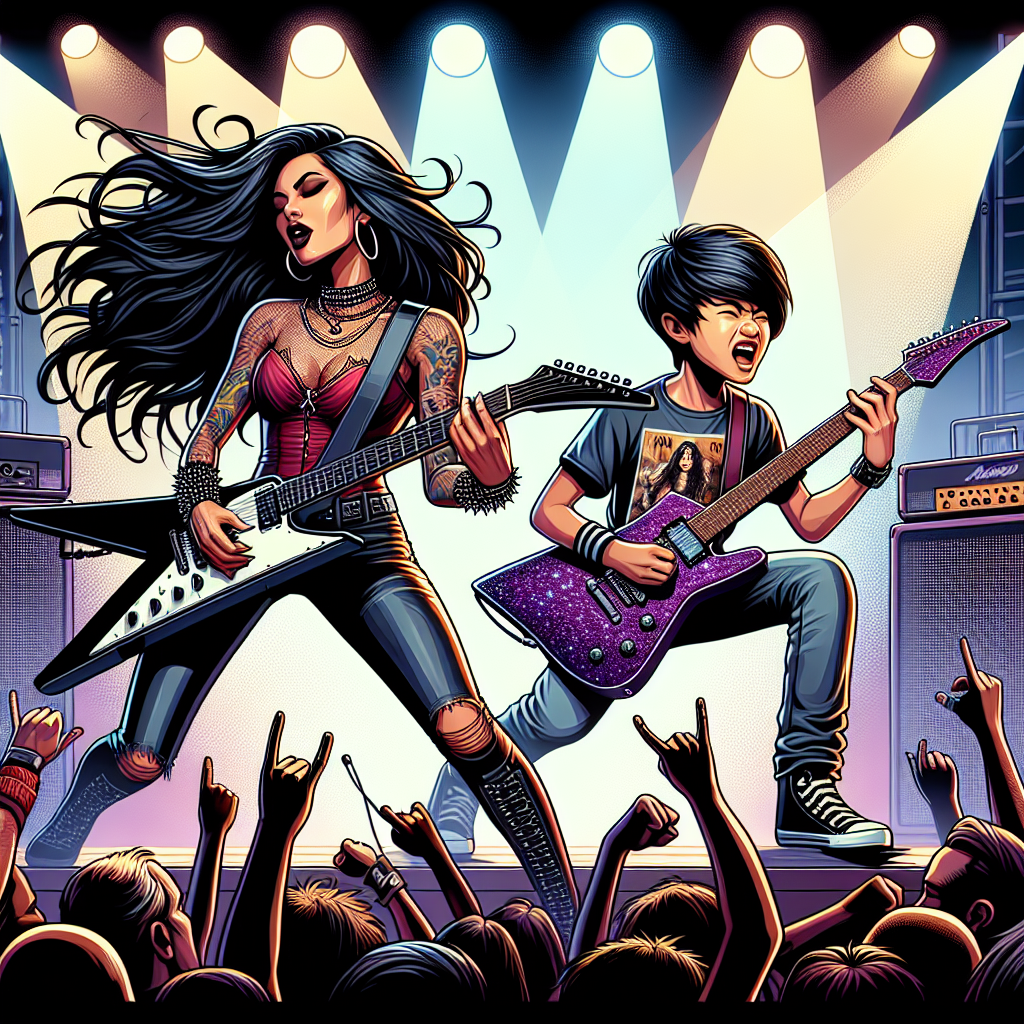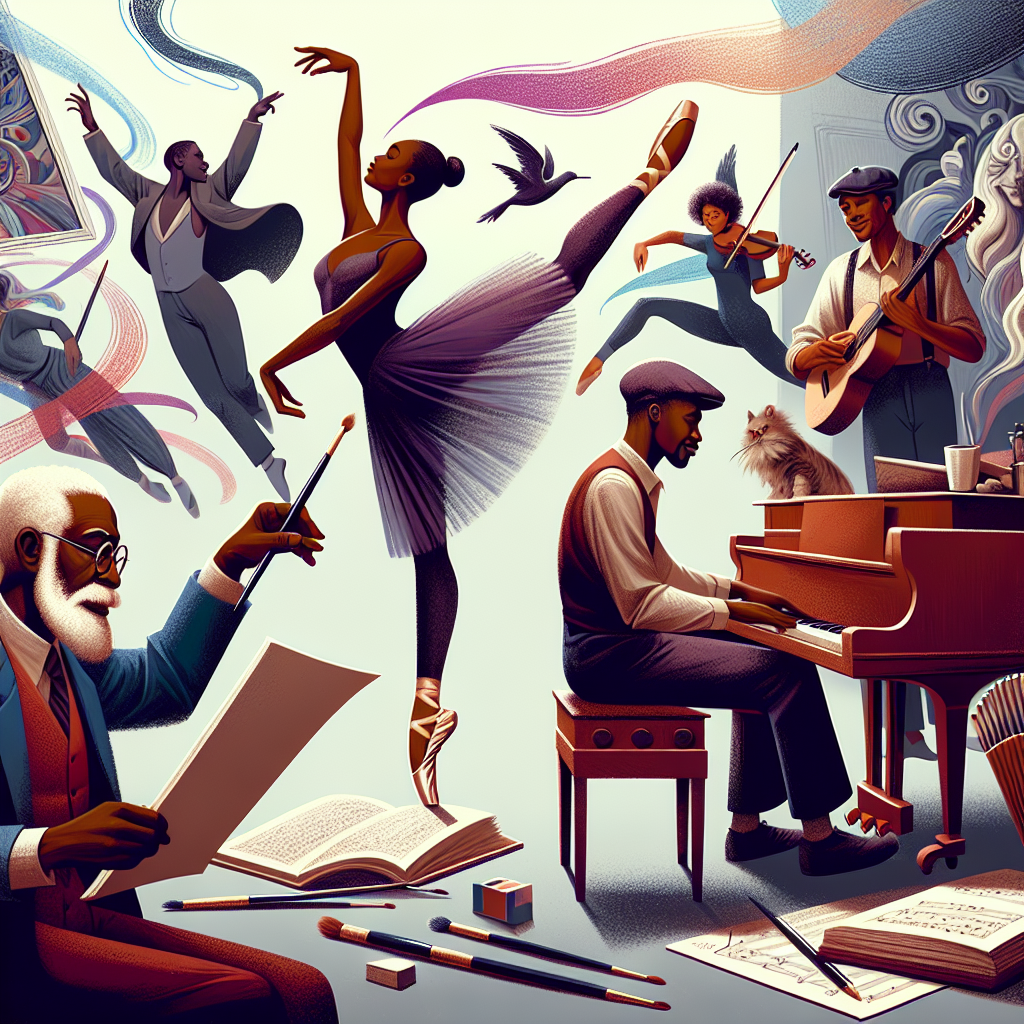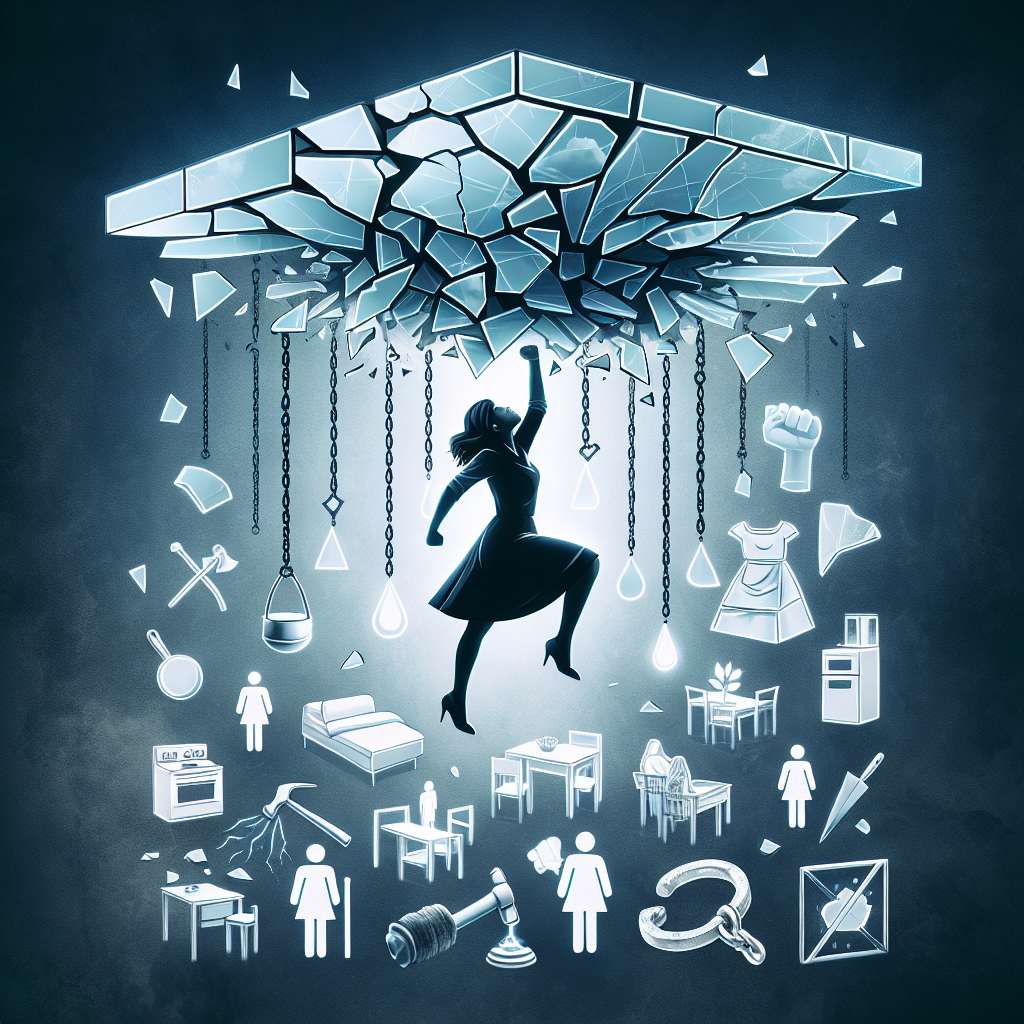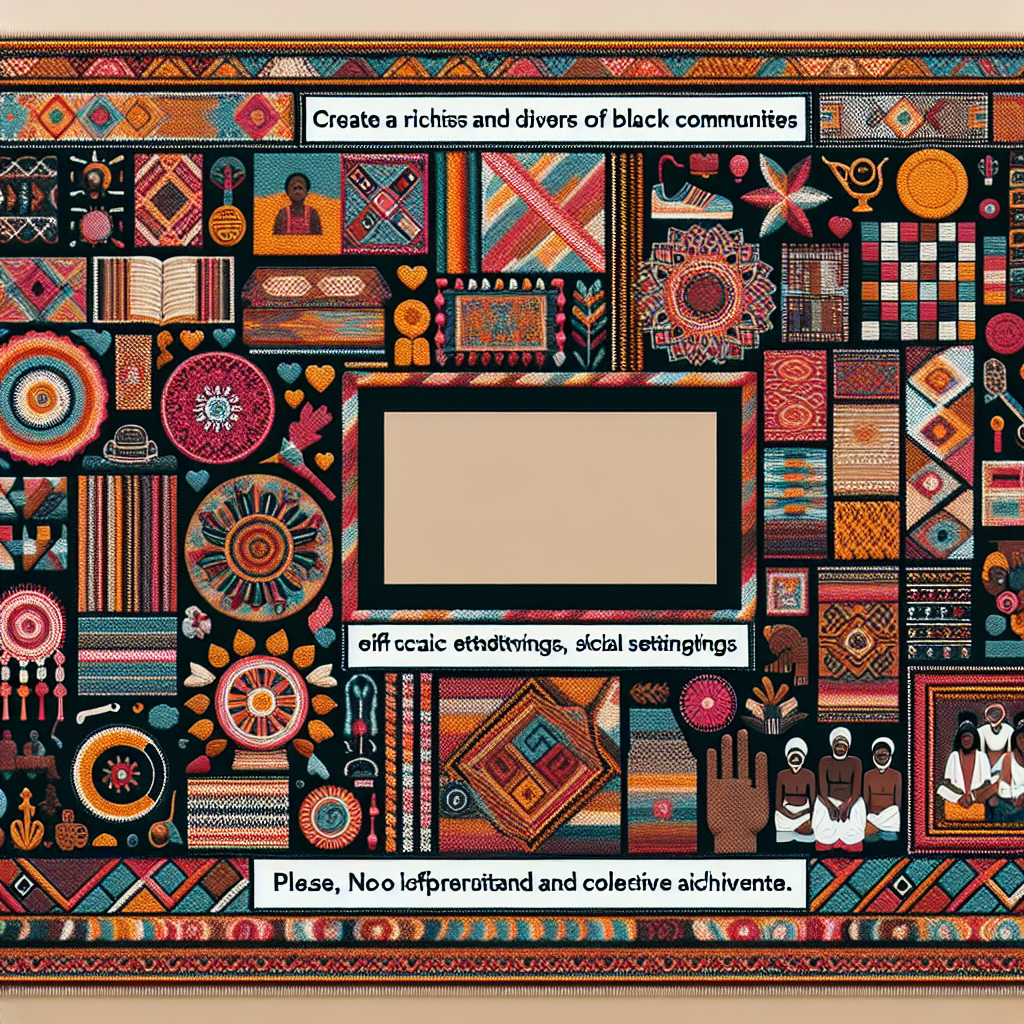Your cart is currently empty!
Tag: Stereotypes
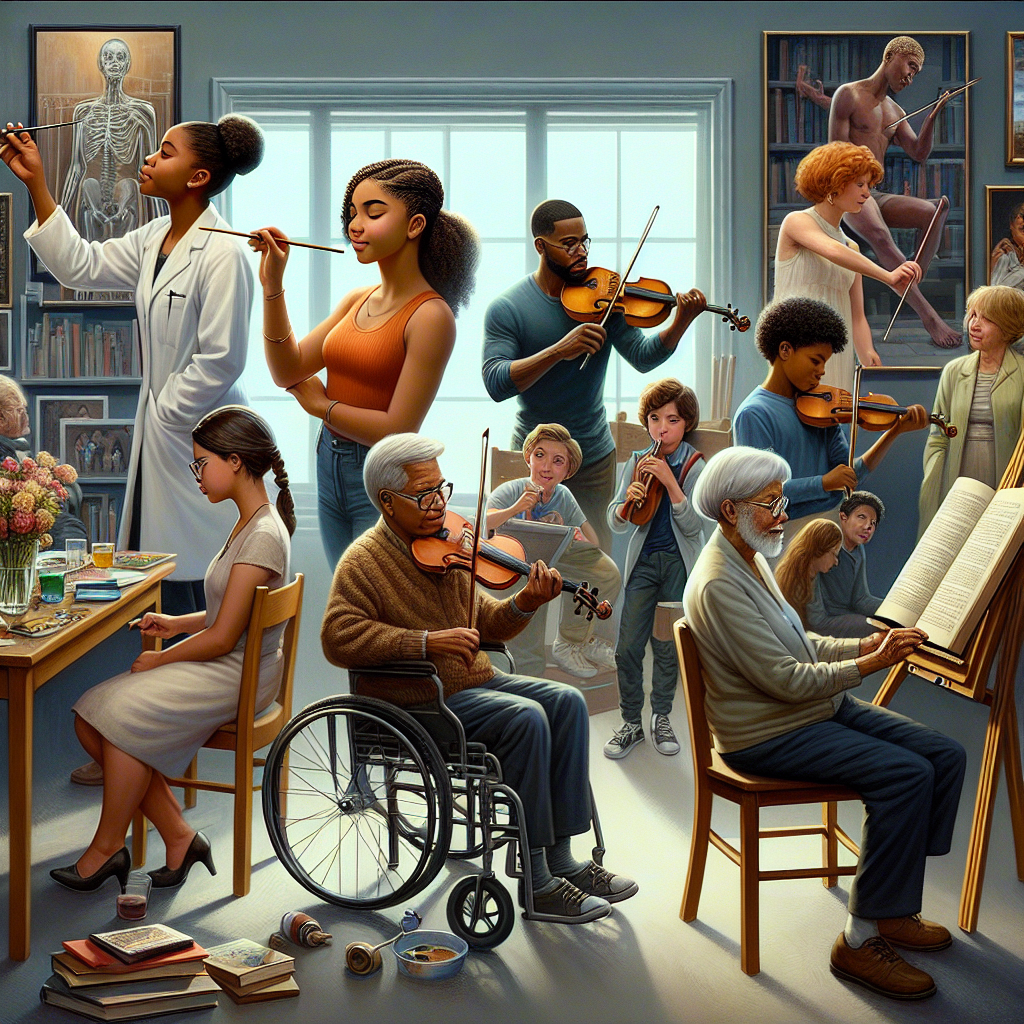
Breaking Down Stereotypes: The Diverse Experiences of Black Americans
Stereotypes are harmful generalizations that can limit our understanding of individuals and communities. In the case of Black Americans, stereotypes have long been used to perpetuate harmful ideas about their experiences, abilities, and worth. However, the reality is that Black Americans are a diverse group with a wide range of experiences, perspectives, and backgrounds.One of the most common stereotypes about Black Americans is that they all come from low-income, inner-city neighborhoods. While it is true that many Black Americans do face economic challenges, it is important to recognize that there is a wide range of economic backgrounds within the Black community. There are Black Americans who come from affluent families, attend prestigious universities, and hold high-paying jobs.
Another stereotype about Black Americans is that they are all involved in crime and violence. This harmful stereotype has been perpetuated by media portrayals that focus on crime in Black communities. However, the reality is that the vast majority of Black Americans are law-abiding citizens who contribute positively to their communities. It is important to recognize that crime and violence are not inherent traits of any racial or ethnic group.
Furthermore, Black Americans are not a monolithic group with a singular culture or set of beliefs. There is a wide range of diversity within the Black community, including differences in religion, language, and cultural traditions. It is important to recognize and celebrate this diversity, rather than trying to fit all Black Americans into a narrow stereotype.
It is also important to acknowledge the historical and systemic racism that has impacted the lives of Black Americans. From slavery to segregation to ongoing discrimination, Black Americans have faced significant barriers to success and equality. These injustices have had lasting effects on the Black community, including disparities in education, healthcare, and employment.
Breaking down stereotypes about Black Americans requires us to listen to their stories, experiences, and perspectives. By recognizing the diversity within the Black community and challenging harmful stereotypes, we can work towards a more inclusive and equitable society for all. It is essential to acknowledge and celebrate the rich diversity of experiences and contributions that Black Americans bring to our communities and our country.
#Breaking #Stereotypes #Diverse #Experiences #Black #Americans,black)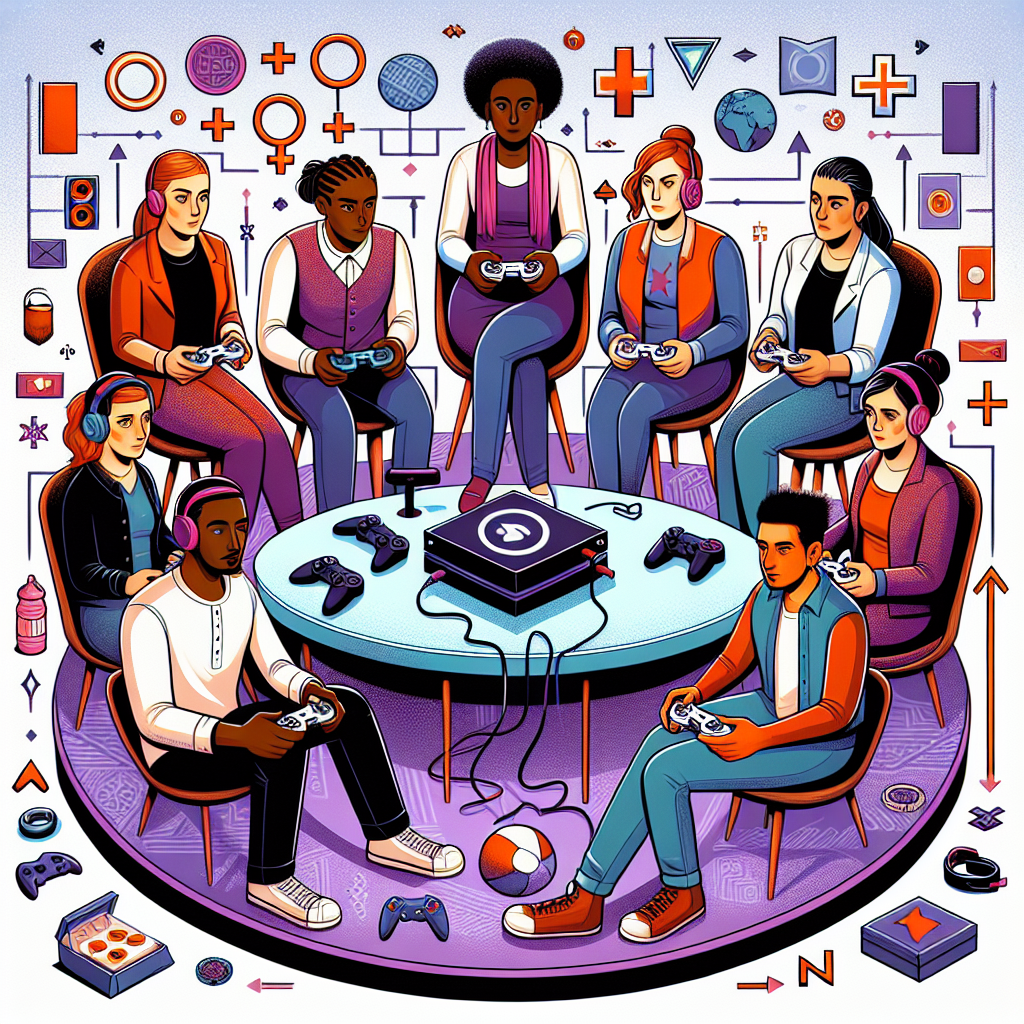
The Gender Gap in Gaming: Breaking Down Stereotypes and Promoting Inclusivity
The gaming industry has long been dominated by male players and developers, leading to a significant gender gap that has persisted for years. But times are changing, and efforts are being made to break down stereotypes and promote inclusivity within the gaming community.One of the most significant barriers to gender inclusivity in gaming is the pervasive stereotype that gaming is a male-dominated hobby. This stereotype not only discourages women and non-binary individuals from entering the gaming world but also perpetuates the idea that gaming is not for them. This has led to a lack of representation of women and non-binary individuals in games themselves, as well as in the development and marketing of games.
But the reality is that women and non-binary individuals make up a significant portion of the gaming community. According to a report by the Entertainment Software Association, 46% of gamers in the United States are female, and 63% of mobile gamers are women. Despite this, women are still underrepresented in the gaming industry, making up only 24% of game developers.
Efforts are being made to address this gender gap and promote inclusivity in gaming. One way this is being done is through initiatives that aim to increase the representation of women and non-binary individuals in the industry. Organizations like Women in Games and Girls Make Games provide support and resources for women and non-binary individuals interested in pursuing careers in gaming. These initiatives help to break down barriers and create a more inclusive and diverse gaming industry.
Representation in games themselves is also important in promoting inclusivity. More and more games are featuring strong female protagonists and diverse characters, helping to challenge traditional gender stereotypes and provide more inclusive gaming experiences. Games like “Life is Strange,” “The Last of Us Part II,” and “Celeste” have been praised for their strong female characters and inclusive storytelling.
In addition to representation, it is essential to create safe and welcoming spaces for women and non-binary individuals in the gaming community. Online harassment and discrimination are significant issues for female gamers, with many experiencing sexist comments, threats, and exclusion from gaming communities. Creating inclusive and supportive environments through initiatives like community moderation, diversity training, and anti-harassment policies can help to combat these issues and make gaming a more welcoming space for everyone.
Breaking down stereotypes and promoting inclusivity in gaming is essential for creating a more diverse and vibrant gaming community. By increasing representation, challenging traditional gender roles, and creating inclusive environments, we can help to bridge the gender gap in gaming and ensure that everyone feels welcome and valued in the world of gaming. Let’s continue to work towards a more inclusive and diverse gaming industry for all players.
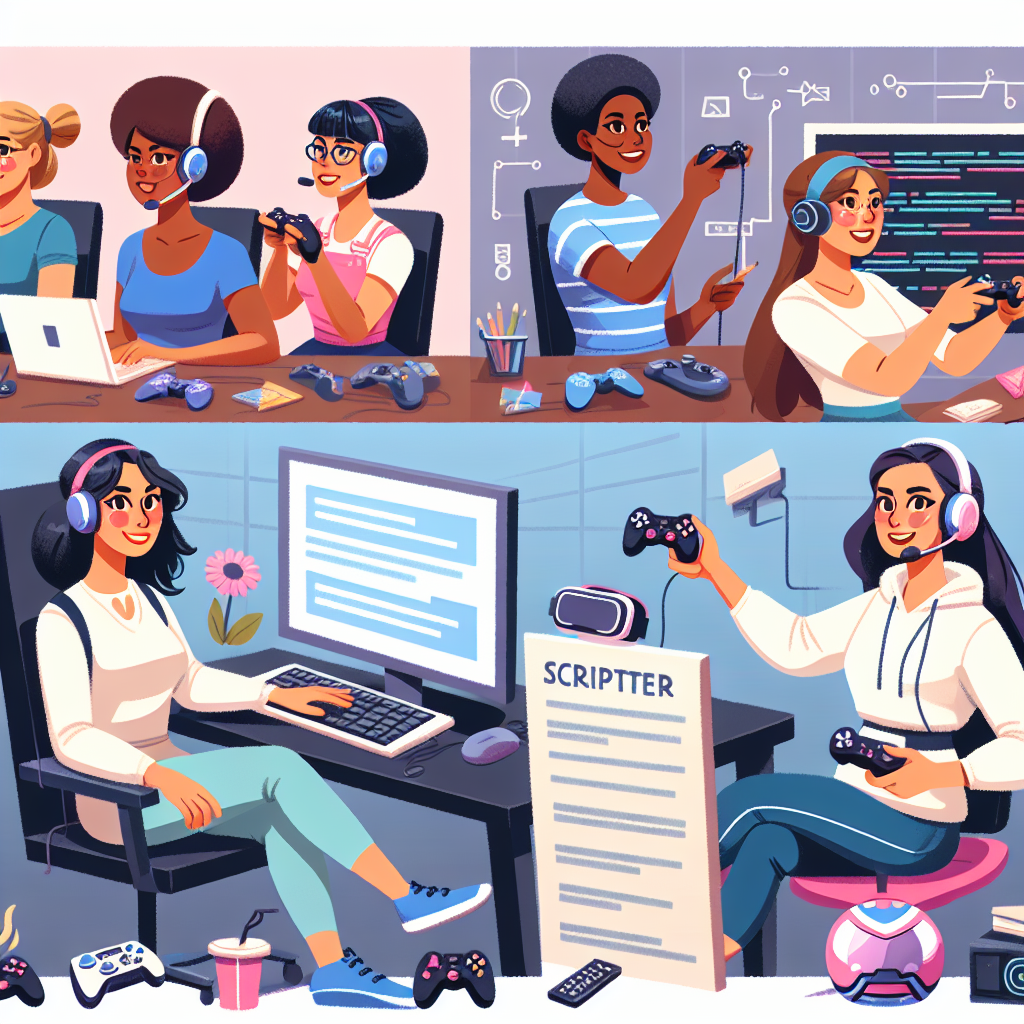
Women in Gaming: Breaking Stereotypes and Shifting the Narrative
In recent years, the gaming industry has seen a significant increase in the number of women participating and excelling in the field. Long considered a male-dominated space, women in gaming are breaking stereotypes and shifting the narrative, challenging the notion that gaming is a hobby exclusively for men.Historically, women in gaming have faced discrimination and harassment, both online and in real life. The stereotype that women are not as skilled or knowledgeable about games as men has persisted for years, leading to a lack of representation and opportunities for women in the industry. However, in recent years, there has been a noticeable shift in the gaming community, with more women entering the field and making their mark.
One of the most notable examples of women breaking stereotypes in gaming is the rise of female professional gamers. Women like Sasha “Scarlett” Hostyn, a Canadian professional StarCraft II player, have proven that gender is not a barrier to success in the competitive gaming scene. Scarlett has won multiple championships and is considered one of the best StarCraft II players in the world, regardless of gender.
In addition to professional players, women are also making strides in other areas of the gaming industry, such as game development, streaming, and content creation. Women like Riana Manuel, a game designer at Naughty Dog, and Anne Munition, a popular Twitch streamer, are paving the way for more women to enter and thrive in the industry.
The increased visibility and success of women in gaming are not only breaking stereotypes but also inspiring a new generation of female gamers. By seeing women like themselves represented in the industry, young girls are more likely to pursue their passion for gaming and feel empowered to break into a traditionally male-dominated field.
Despite the progress that has been made, there is still work to be done to ensure that women in gaming are treated equally and given the same opportunities as their male counterparts. Initiatives like the Women in Games International organization and the #MeToo movement have brought attention to issues of gender discrimination and harassment in the gaming industry, sparking conversations and pushing for change.
As more women continue to make their mark in gaming, it is clear that they are not only breaking stereotypes but also reshaping the narrative of what it means to be a gamer. Women are proving that they belong in the gaming community and are just as passionate, talented, and capable as their male counterparts. By challenging stereotypes and shifting the narrative, women in gaming are paving the way for a more inclusive and diverse industry.
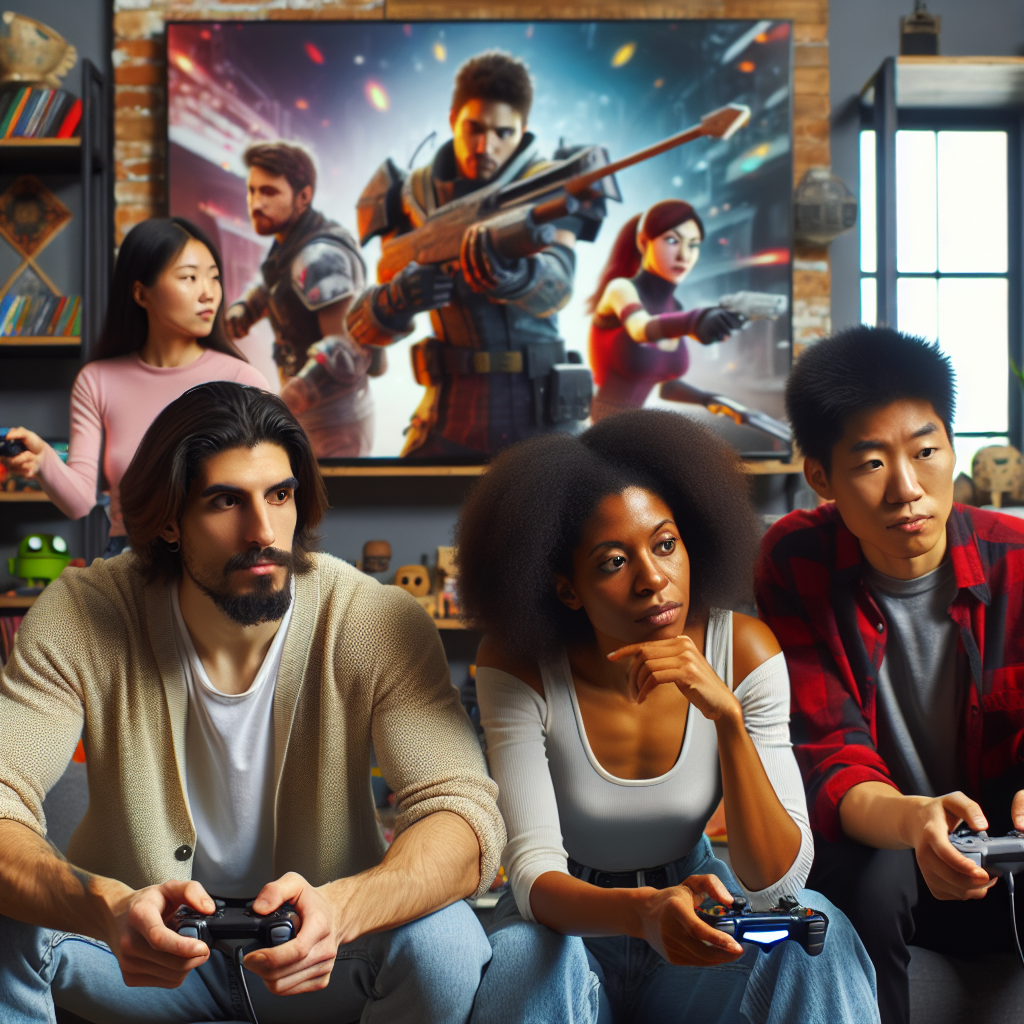
The Gender Gap in Gaming: Breaking Stereotypes and Embracing Diversity
The gaming industry has long been dominated by men, with women often feeling marginalized and excluded from a space that is seen as predominantly male-centric. However, as the industry continues to evolve and grow, there is a shift towards breaking stereotypes and embracing diversity, including gender diversity, in gaming.The gender gap in gaming is a widely recognized issue, with studies showing that women make up only a small percentage of gamers. This lack of representation can be attributed to a number of factors, including the portrayal of women in games as hypersexualized characters or damsels in distress, as well as the toxic and misogynistic culture that can exist within gaming communities.
But things are changing. More and more women are entering the gaming industry, both as players and as developers, and are challenging the status quo by creating games that are inclusive and representative of diverse experiences. This shift is important not only for women, but for the industry as a whole, as it opens up new perspectives and ideas that can enrich the gaming landscape.
One way in which the gender gap in gaming is being addressed is through initiatives that aim to support and empower women in the industry. Organizations such as Women in Games and Girls Make Games provide resources, mentorship, and networking opportunities for women who are interested in pursuing a career in gaming. These initiatives help to break down barriers and create a more inclusive and welcoming environment for women in gaming.
In addition to supporting women in gaming, it is also important to challenge stereotypes and promote diversity in the games themselves. This can be done by creating more diverse and complex female characters, as well as by addressing issues such as sexism and harassment within gaming communities. By promoting positive representations of women in games, we can help to change the perception of gaming as a male-dominated space and create a more inclusive and welcoming environment for all players.
Overall, the gender gap in gaming is a complex issue that requires a multi-faceted approach to address. By breaking stereotypes, promoting diversity, and supporting women in the industry, we can work towards creating a more inclusive and equitable gaming landscape that benefits everyone. It is time to embrace diversity in gaming and challenge the status quo, so that all players can feel welcome and represented in this vibrant and dynamic industry.
